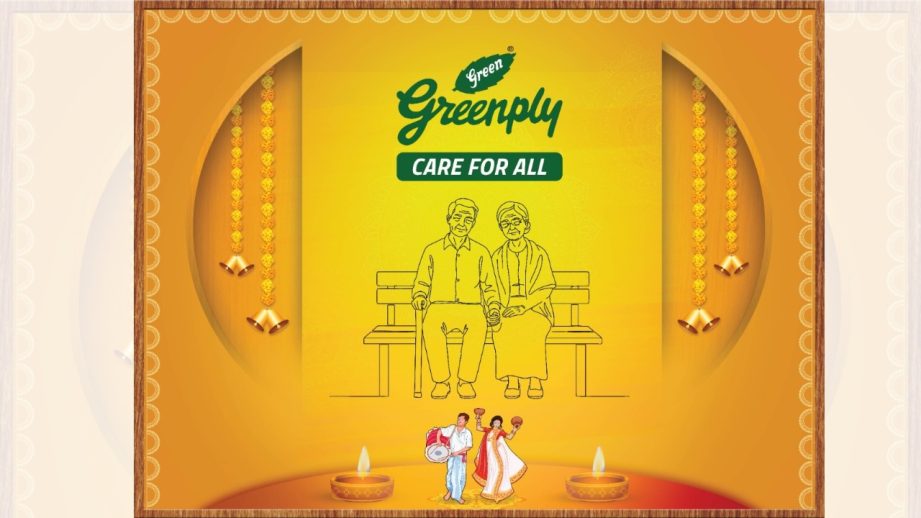
Somewhere between the second cup of cha and the fifth WhatsApp ping in the family group, it begins. Not officially, but you can feel it. The neighbour’s house smells like nolen gur, the para kids start rehearsing dance steps in mismatched sneakers, and someone’s already booked a cab for Ashtami morning, as if they’re planning a moon landing. In Kolkata, Durga Pujo never really arrives; it seeps in. Through light, through sound, through memory.
But not every memory looks the same. Not every story winds through pandal queues or ends in photos taken on someone’s rooftop. Some people are left behind—not by choice, but because the infrastructure around them wasn’t designed with them in mind or because of their personal challenges, physical mostly. Year after year, the city-built environment excluded them and their challenges. Most years, that’s just how it was.
This year, the idea of care expanded, and the IWMBuzz editorial team had to pen down and mention this innovative idea brimming with compassion and kindness.
The streets of Kolkata were alive with the festivities of Durga Puja. Lights, sound, people everywhere. However, not everyone could navigate the narrow lanes and climb the steep entrances of the city’s pandals. For them, Greenply took the Durga Puja directly into old-age homes. For many elderly people who can no longer visit crowded pandals, the arrival of Maa Durga in their own courtyards became a moment of nostalgia, comfort, and connection.
Aptly titled, Maa on Wheels, a mobile Durga Puja experience, designed for old-age homes. For those who could no longer navigate crowds, the festival came to them. Not through screens. Not through stories. But in person. In music. In ritual. In presence.
This is not the first instance where Greenply undertook such an initiative. Earlier, under #PujoForAll, Greenply created a map, pandals with ramps made of their plywood, and those without. A unique initiative for the disabled to be included in the festivities, where there were gaps, it stepped in and built. Accessibility, done and done directly.
Over the past 3 years, Greenply had been installing wheelchair-friendly plywood ramps at Lucknow’s Ekana Stadium, enabling differently abled fans to experience the thrill of live cricket from the stands. What was setting this initiative apart was not just what was being built, but why.
In a space driven by visibility, Greenply chose to focus on accessibility—quietly championing inclusivity where it matters most. Indeed, a laudable, thoughtful gesture stemmed from the roots of care.
These aren’t campaigns. They’re corrections. A company using what it makes—plywood, to make something else entirely: access, belonging, the right to be part of the moment.
It’s easy to build. Harder to do what is right. And it started with one person, who stopped at an entrance, where they shouldn’t have had to wait.
From pandals to stadiums to care homes, Greenply’s efforts share a common thread: the belief that joy and participation should never be limited by mobility. A ramp, or a visit, may seem small gestures in themselves, but their impact is far-reaching—creating belonging, connection, and celebration. By reimagining its role beyond creating structures, Greenply focuses on creating moments that bring people together and make every celebration truly inclusive.
With #CareForAll, the brand goes beyond transforming spaces to transforming lives, ensuring that no one is left behind and that every individual can share in moments of joy and togetherness.
Keep reading IWMBuzz.com for more interesting updates from the world of media & entertainment.
